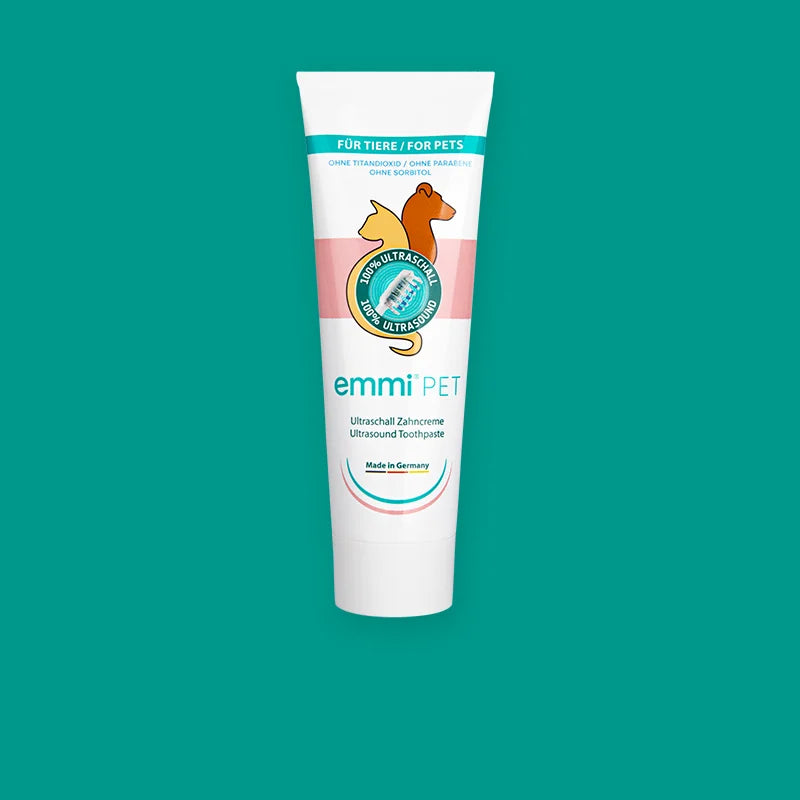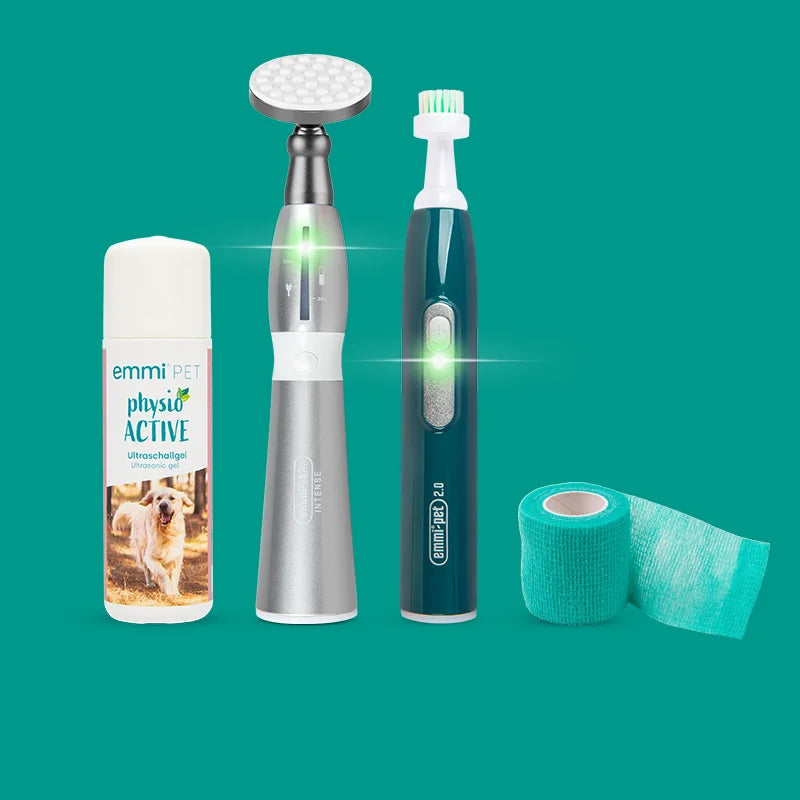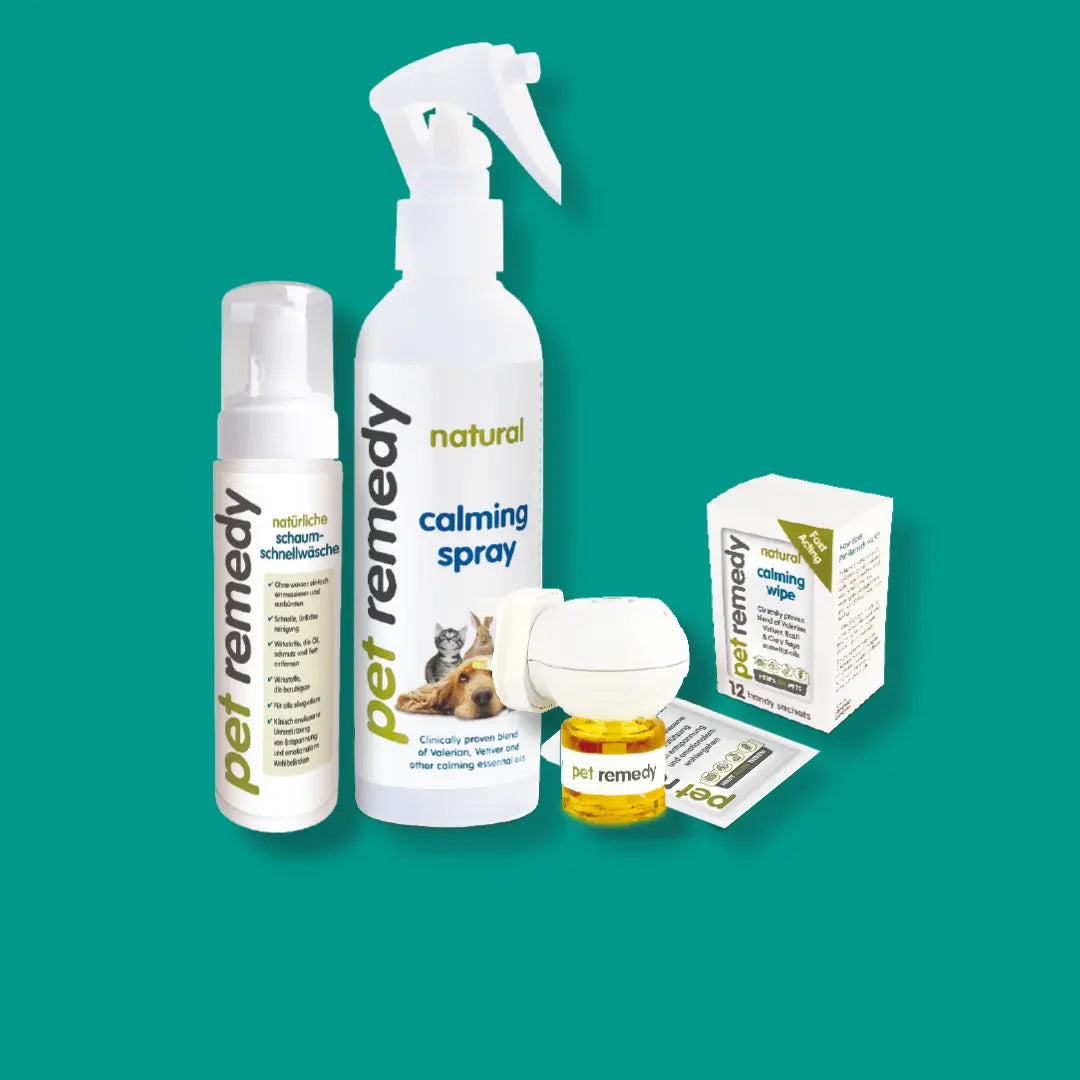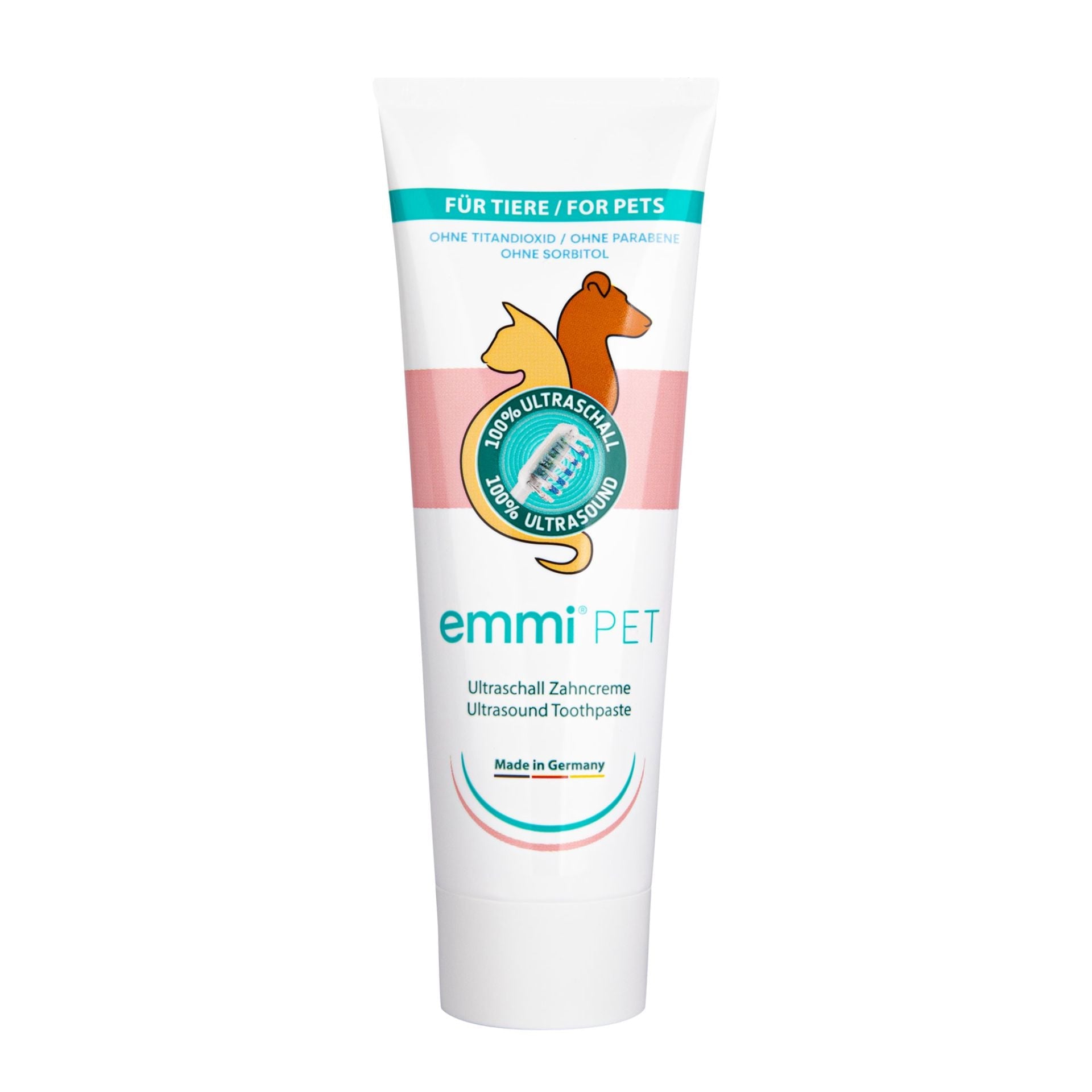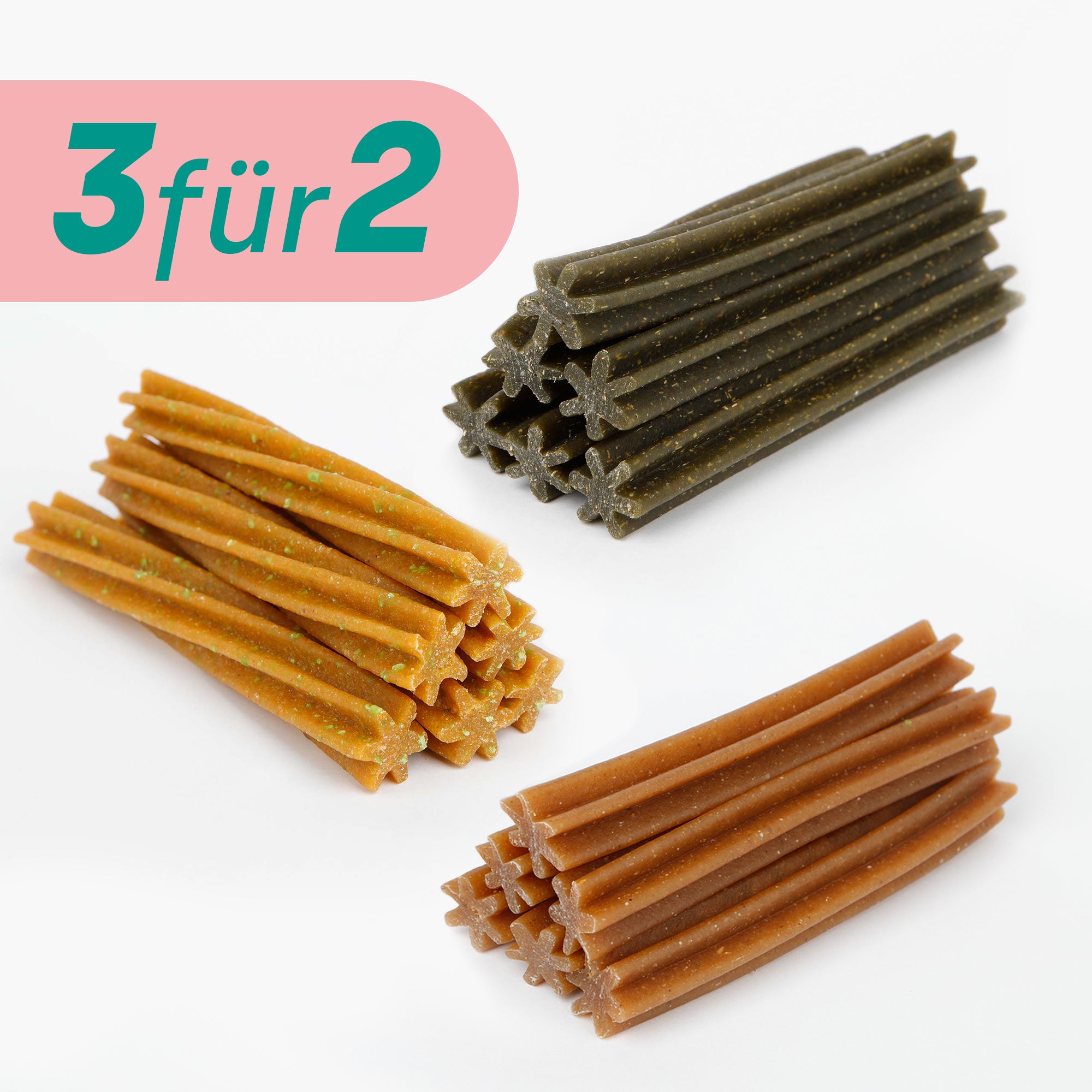It's winter, even if it doesn't seem like it right now. Perhaps soon, a snowy winter landscape will once again beckon us to linger in the clear, fresh air. As outside temperatures drop, the chances of seeing the white splendor increase. While we humans protect ourselves with warm clothing and lined boots, our beloved four-legged friends focus on other things in winter . A healthy immune system is also important for dogs and cats to withstand the effects of snow and ice. In today's blog post, we'll explain what else you should look out for in winter.
Eating snow, unhealthy for dogs and cats
Once winter has arrived, the sofa at home becomes a cozy place for all family members. While the bitter cold reigns outside , our beloved four-legged friends also enjoy
- the cozy warmth,
- lots of caresses
- and the close togetherness
with their favorite people.
But despite all the love for a cozy spot , exercise in the fresh air is a must . Depending on the weather, outdoor activities can be either wonderfully beautiful or rather unpleasant, marked by snowfall, rain, or storms.
If you have a four-legged pet, you know that most dogs and cats love snow . Unfortunately, they don't just like it for romping and playing. Many dogs and cats tend to eat snow or bite into it . You should stop this behavior immediately, if possible, because consuming snow can make them very sick.
It doesn’t matter whether
- the snow is still untouched,
- enriched with salt litter
- or mixed with other chemicals.
Consuming snow is unhealthy simply because of its frosty consistency. Treated snow can, of course, be significantly more dangerous than untouched snow . Consuming it can lead to discomfort and severe irritation of the stomach and throat. Snow, and especially the ice crystals it contains, can also cause injuries and sometimes severe inflammation of your dog's or cat's gums .
It's cold outside: How to protect your dog or cat in winter
Contrary to previous assumptions, it is not the case that indoor pets, such as dogs and cats, exhibit increased nutrient requirements during the cold season. Since most of our pets live indoors and receive a balanced diet regularly throughout the year, they do not require a particularly high-energy diet in winter .
An exception to this are pets that are exposed to freezing temperatures during the cold season and for extended periods. Very old, weakened animals, or pets without an undercoat, can also sometimes have increased energy requirements. To support your dog or cat's immune system year-round , you should provide a nutritious, vitamin-rich diet and plenty of exercise. Our new food supplements for basic nutrition can help you with this.
Paw and pad care for dogs and cats
Salted roads, snow, and ice can take a toll on your beloved four-legged friend's paws in winter. But even without snow and ice, the particularly cold temperatures that winter brings can put a lot of strain on the paw pads of dogs and cats . Make sure the fur in these sensitive areas isn't too long.
After every walk with your dog or after your cat goes outside, check your pet's paws. Remove any ice, snow, and dirt with a warm, damp cloth. If you notice any minor injuries, clean them with our special antibacterial wound cleansing solution using our emmi®-pet skin care set .

